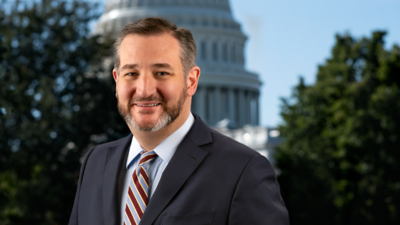Chicago parents view climate change not only as a global crisis, but as a very real problem at home that can threaten their children’s health. In the first known study of Chicago parents’ concerns about the impact of climate change on their families, Ann & Robert H. Lurie Children’s Hospital of Chicago identified significant levels of worry.
The latest survey from the hospital’s Voices of Child Health in Chicago found:
- Nearly 75 percent of Chicago parents were “somewhat concerned” or “very concerned” about climate change affecting their families
- More than two-thirds of parents worry about climate change in general
- Parents who said they understood the issue of climate change had higher levels of concern.
“Young people are living with climate-related changes in the atmosphere at a time when their organs and immune systems are developing. Based on what is known about the importance of child health for patterns of health and illness throughout life, these climate-related effects may stay with them as they grow into adulthood,” says Matthew M. Davis, MD, MAPP, Chair of the Department of Medicine at Lurie Children’s, Executive Vice-President and Chief Community Health Transformation Officer at the Patrick M. Magoon Institute for Healthy Communities at Lurie Children’s, and Chair of Pediatrics at Northwestern University Feinberg School of Medicine.
The Voices survey found that Latinx parents were most concerned about climate change affecting their family (41 percent said they were “very concerned”), followed by Asian/other parents (36 percent), White parents (29 percent), and Black parents (17 percent). For parents with some high school education, 38 percent said they were very concerned about climate change affecting their family, followed by 32 percent of parents with a college education or higher, and 22 percent of parents with some college or technical school education.
Everyone has a role to play in slowing climate change and improving children’s health. The United Nations ActNow campaign offers a mobile resource, A World, to build and track actions toward a more livable world. The campaign also suggests actions that, in different ways, can reduce greenhouse gases in the environment:
- Saving energy at home
- Walking, biking, or taking public transit
- Eating more vegetables, which require less greenhouse gases to produce
- Reducing airplane travel, meeting virtually, or taking trains
- Decreasing the amount of food thrown away, to reduce methane gases
- Changing your home’s energy source to renewable wind or solar
- Repairing, reusing, reducing, recycling
- Switching to an electric vehicle
- Choosing eco-friendly products.
This report is based on data from the Voices of Child Health in Chicago Parent Panel Survey. The survey is administered to a sample of Chicago parents by Lurie Children’s and NORC at the University of Chicago via internet and telephone. The survey is administered to the same panel of parents three times each year. The data in this report was collected from May through July 2021. The sample consisted of 1,620 Chicago parents, step-parents, or guardians who had at least one child under 18 years of age in the household (referred to as “parents” in this report). Parents were from all 77 community areas in Chicago and data are weighted to be representative of households with children across the city.
Population-focused child health research at Lurie Children’s is conducted through the Mary Ann & J. Milburn Smith Child Health Outcomes, Research, and Evaluation Center at the Stanley Manne Children’s Research Institute. The Manne Research Institute is focused on improving child health, transforming pediatric medicine and ensuring healthier futures through the relentless pursuit of new knowledge. Lurie Children’s is ranked as one of the nation’s top children’s hospitals in U.S. News & World Report and is the pediatric training affiliate for Northwestern University Feinberg School of Medicine. Last year, the hospital served more than 223,000 children from all 50 states, Washington D.C. and Puerto Rico, and 37 countries.






 Alerts Sign-up
Alerts Sign-up